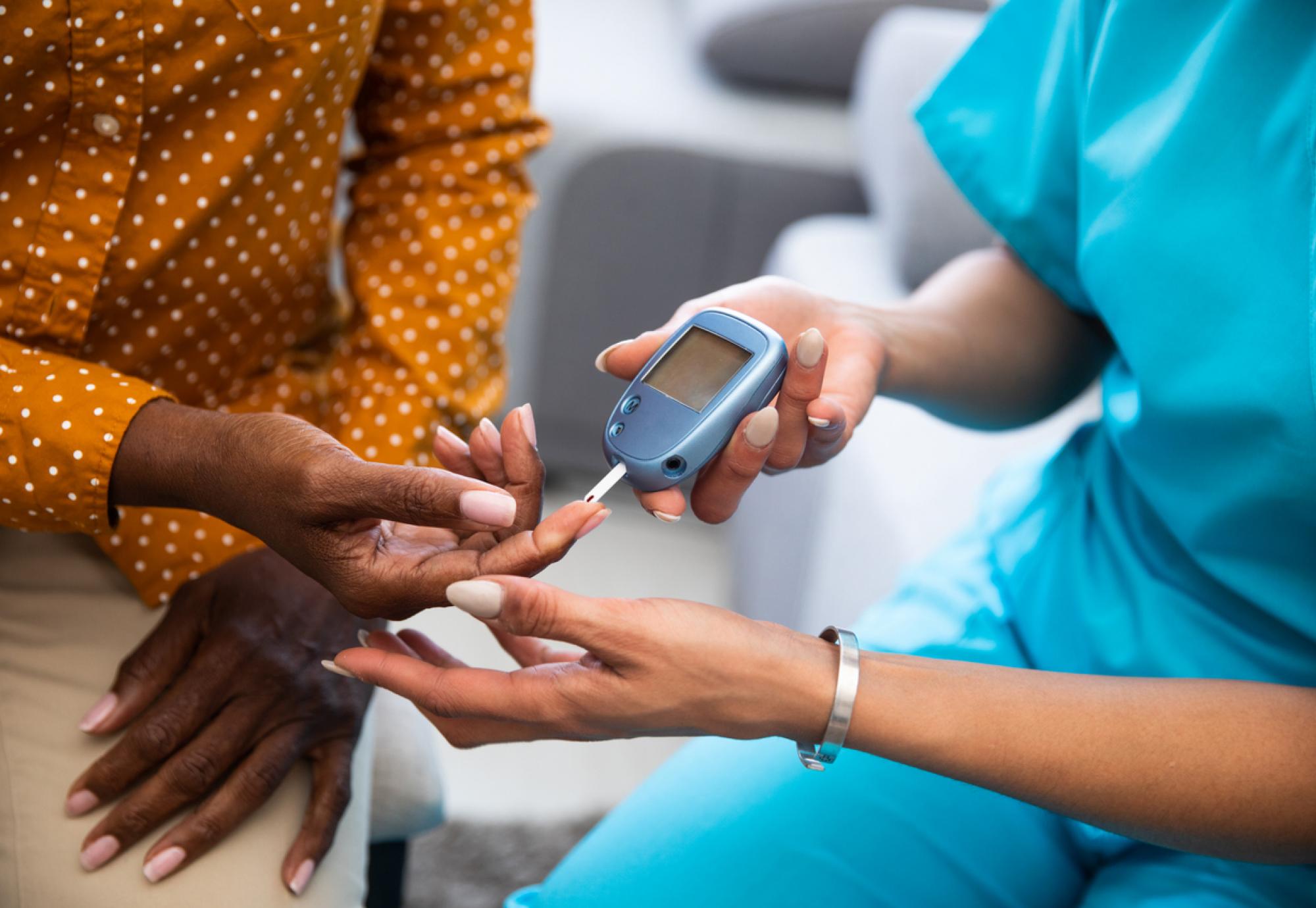Speaking at the NHS Confederation’s conference on Tuesday, Sir Simon Stevens revealed the NHS’s plans to provide an ‘artificial pancreas’ for Type 1 diabetic patients. It is designed with the aim of improving their lives.
This will involve piloting the ‘closed loop technology’ for up to 1,000 patients at around 25 specialist diabetes centres in England. The technology will continually monitor the blood glucose, and automatically adjust the amount of insulin given through a pump. It will rule out finger prick tests and prevent life-threatening hypoglycaemic attacks. It can also relieve some of the mental pressure on patients and caregivers, who otherwise must remain constantly vigilant to blood sugar levels.
This puts the NHS ahead of their Long Term Plan targets on non-invasive glucose monitoring, with two in five people with Type 1 diabetes now benefiting from the technology. The devices will be worn under the skin, continuously monitoring glucose levels. Patients will be able to scan the sensor on the device in order to get a reading.
Sir Stevens said: “Living with diabetes is a daily challenge for millions of people across England, and this closed loop technology has the potential to make a remarkable difference to their lives.
“In a year that marks a century since insulin was discovered – which revolutionised the world of diabetes – this innovation is a prime example of the NHS’s continued progress in modern medicine and technology.”
Professor Partha Kar, NHS National Speciality Advisor for diabetes, said: “One hundred years after the discovery of insulin, the ‘artificial pancreas’ is a potentially revolutionary development in the treatment of diabetes.
“The NHS has long been at the forefront of clinical advances in care for major diseases, including diabetes, which have allowed patients to live longer and healthier lives.
“This new technology is an extension of the fantastic work achieved by the NHS, third sector and industry partners who are working together to improve the lives of patients.”
The NHS has already achieved ambitions - set out in the Long Term Plan - to make non-invasive glucose monitoring technology available for 20% of diabetics, and all pregnant women with Type 1 diabetes. This has meant that maternity services across the country are now equipped to offer non-invasive glucose monitors to expectant mothers, and over 40% of people living with Type 1 diabetes are benefiting from flash glucose monitoring.
The centres taking part in the pilot will submit data via the NHS’s world-leading National Diabetes Audit, and the results will be used as part of the evidence assessment, carried out by NICE.



















